Home>Gardening & Outdoor>Landscaping Ideas>What Does Bermuda Grass Look Like
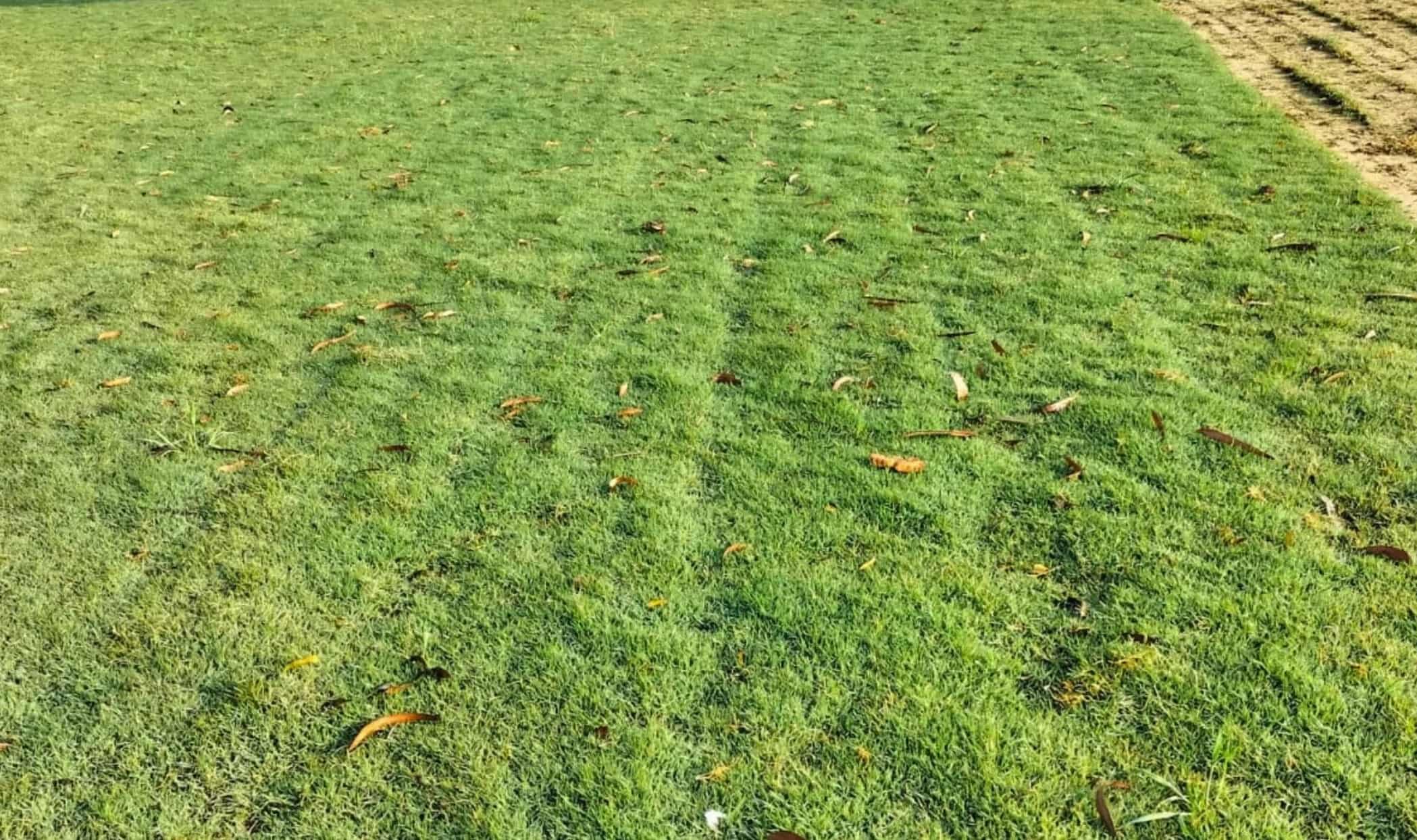

Landscaping Ideas
What Does Bermuda Grass Look Like
Modified: February 18, 2024
Discover what Bermuda grass looks like and get landscaping ideas to enhance your outdoor space. Learn how to identify and care for this popular warm-season grass. Explore Bermuda grass maintenance tips and more.
(Many of the links in this article redirect to a specific reviewed product. Your purchase of these products through affiliate links helps to generate commission for Storables.com, at no extra cost. Learn more)
Introduction
When it comes to creating a lush, verdant lawn or a sprawling, vibrant sports field, Bermuda grass is a top choice for many landscaping enthusiasts and professionals. This resilient and versatile grass variety is renowned for its ability to thrive in diverse climates and soil conditions, making it a popular option for homeowners, golf course managers, and sports field groundskeepers alike.
Bermuda grass, scientifically known as Cynodon dactylon, is a warm-season grass that originated in Africa. Its adaptability and resilience have made it a staple in many regions around the world, particularly in warm and tropical climates. This grass species is celebrated for its dense, fine texture, vibrant green color, and exceptional tolerance to foot traffic and drought.
In this comprehensive guide, we will delve into the distinct characteristics, appearance, growth habits, uses, and maintenance of Bermuda grass. Whether you're a landscaping enthusiast aiming to cultivate a thriving lawn or a sports field manager seeking a resilient turf solution, understanding the unique traits of Bermuda grass is essential for achieving your desired landscaping goals. Join us as we explore the captivating world of Bermuda grass and uncover the secrets to cultivating and maintaining a vibrant and resilient outdoor space.
Key Takeaways:
- Bermuda grass is a resilient and vibrant choice for lawns and sports fields, with characteristics like drought tolerance, rapid growth, and adaptability to various soil types, making it a top pick for creating visually stunning outdoor spaces.
- The lush appearance and rapid spreading nature of Bermuda grass make it ideal for residential lawns, sports fields, and public green spaces. Proper maintenance, including regular mowing and appropriate watering, is crucial for preserving its enduring visual appeal and longevity.
Read more: What Does Crabgrass Look Like
Characteristics of Bermuda Grass
Bermuda grass is celebrated for an array of remarkable characteristics that set it apart from other grass species. Its adaptability, resilience, and aesthetic appeal make it a popular choice for a wide range of landscaping and recreational purposes. Understanding the key characteristics of Bermuda grass is essential for anyone considering its cultivation or maintenance.
- Drought Tolerance: Bermuda grass is renowned for its exceptional drought tolerance, making it a preferred choice for regions with limited water resources. This characteristic enables it to maintain its vibrant green hue even during periods of minimal rainfall, ensuring a visually appealing landscape year-round.
- Heat Resistance: As a warm-season grass, Bermuda grass exhibits impressive heat resistance, thriving in high-temperature environments where other grass species may struggle to survive. This resilience to intense heat makes it an ideal option for areas with scorching summers.
- Tolerance to Foot Traffic: One of the most notable characteristics of Bermuda grass is its exceptional tolerance to foot traffic. Whether used for residential lawns, sports fields, or recreational areas, Bermuda grass can withstand heavy use without sacrificing its lush appearance.
- Rapid Growth: Bermuda grass is known for its rapid growth rate, allowing it to quickly establish a dense and uniform turf. This attribute is particularly advantageous for those seeking swift coverage and a visually appealing lawn or playing surface.
- Adaptability to Various Soil Types: Bermuda grass exhibits remarkable adaptability to diverse soil types, including sandy, loamy, and clay soils. This versatility enables it to thrive in a wide range of environments, making it a popular choice for landscaping projects in various geographic regions.
These key characteristics collectively contribute to Bermuda grass’s widespread popularity and its suitability for an array of landscaping and recreational applications. Whether you’re aiming to cultivate a resilient lawn, establish a vibrant sports field, or enhance the visual appeal of public spaces, Bermuda grass’s exceptional traits make it a compelling choice for achieving your landscaping goals.
Appearance of Bermuda Grass
Recognizable by its lush, vibrant green hue and fine texture, Bermuda grass boasts an aesthetic appeal that sets it apart from other grass varieties. Its distinct appearance makes it a sought-after choice for homeowners, landscapers, and sports field managers looking to create visually stunning and resilient outdoor spaces. Understanding the appearance of Bermuda grass is essential for anyone seeking to identify, cultivate, or appreciate this iconic grass species.
When well-maintained, Bermuda grass forms a dense and uniform turf that exudes a rich green color, creating a visually striking landscape. Its fine blades contribute to its velvety texture, adding a touch of elegance to lawns, parks, and recreational areas where it is cultivated. This lush and uniform appearance enhances the overall aesthetic of outdoor spaces, making Bermuda grass a popular choice for those seeking a visually appealing and well-manicured landscape.
One of the most distinctive features of Bermuda grass is its ability to spread rapidly, forming a thick and lush carpet of grass that seamlessly covers the ground. This rapid spreading contributes to its dense and uniform appearance, creating a visually pleasing expanse of greenery that is both resilient and visually captivating.
Furthermore, Bermuda grass exhibits exceptional regenerative capabilities, allowing it to recover swiftly from damage or stress. Whether due to foot traffic, inclement weather, or other environmental factors, Bermuda grass can rejuvenate and maintain its lush appearance, contributing to its enduring visual appeal.
In addition to its vibrant green color and fine texture, Bermuda grass produces delicate seed heads that add a touch of whimsy to its appearance. These seed heads, which emerge during the grass’s reproductive phase, contribute to its overall charm and natural allure, enhancing the visual interest of lawns and open spaces adorned with Bermuda grass.
Overall, the appearance of Bermuda grass is characterized by its lush green hue, fine texture, rapid spreading, and regenerative capabilities. These defining traits collectively contribute to its enduring popularity as a top choice for creating visually stunning and resilient outdoor landscapes.
Growth Habits of Bermuda Grass
Bermuda grass, known for its robust growth habits, exhibits a series of characteristics that contribute to its resilience, vigor, and adaptability. Understanding the growth habits of Bermuda grass is essential for anyone seeking to cultivate, maintain, or appreciate this versatile and enduring grass species.
One of the most notable growth habits of Bermuda grass is its rapid and vigorous spreading nature. Through both aboveground stolons and belowground rhizomes, Bermuda grass proliferates and establishes a dense turf, covering the ground with its lush greenery. This rapid spreading habit enables Bermuda grass to fill in bare patches and create a uniform carpet of grass, contributing to its visual appeal and resilience.
Bermuda grass also exhibits an impressive growth rate, allowing it to quickly establish a lush and vibrant turf. This rapid growth is particularly advantageous for those seeking swift coverage and visual appeal in their lawns, sports fields, or recreational areas. The grass’s ability to regenerate and recover swiftly from damage further enhances its growth habits, ensuring that it maintains its lush appearance even under challenging conditions.
Furthermore, Bermuda grass demonstrates exceptional tolerance to mowing and regular maintenance, making it well-suited for manicured lawns and sports fields. Its ability to thrive under regular mowing promotes a healthy and uniform turf, contributing to its enduring visual appeal and suitability for various landscaping applications.
Another noteworthy growth habit of Bermuda grass is its adaptability to varying light conditions. While it thrives in full sunlight, Bermuda grass also exhibits a degree of shade tolerance, making it a versatile option for landscapes with diverse light exposure. This adaptability allows Bermuda grass to flourish in a range of environments, from open lawns to partially shaded areas, enhancing its appeal for landscaping projects in various settings.
Overall, the growth habits of Bermuda grass, characterized by rapid spreading, vigorous growth, tolerance to mowing, and adaptability to light conditions, contribute to its enduring popularity and suitability for a wide range of landscaping and recreational purposes.
Bermuda grass has fine, wiry blades and a dense, spreading growth habit. It is a vibrant green color and forms a thick, lush turf when well-maintained.
Uses of Bermuda Grass
Bermuda grass, with its exceptional resilience, aesthetic appeal, and adaptability, serves a multitude of purposes in landscaping, sports turf management, and recreational applications. Its versatile nature and enduring characteristics make it a sought-after choice for a wide range of uses, from creating lush residential lawns to establishing resilient sports fields and public green spaces.
Lush Residential Lawns: Bermuda grass is a popular choice for homeowners seeking to cultivate vibrant, resilient lawns. Its rapid growth, lush appearance, and tolerance to foot traffic make it well-suited for residential landscapes, where it can create visually stunning and durable outdoor spaces for relaxation and recreation.
Sports Fields and Recreational Areas: Due to its exceptional tolerance to foot traffic, rapid growth, and regenerative capabilities, Bermuda grass is widely used in sports turf management. It is a preferred option for golf courses, athletic fields, and recreational areas, where its resilience and visual appeal contribute to the creation of high-quality playing surfaces and open spaces for various activities.
Soil Erosion Control: Bermuda grass’s vigorous growth habits and dense turf make it an effective option for controlling soil erosion. Its ability to quickly cover bare ground and establish a thick carpet of grass contributes to stabilizing soil and preventing erosion in landscapes prone to soil displacement.
Landscaping in Public Spaces: Municipalities and organizations often utilize Bermuda grass for landscaping public parks, green spaces, and community areas. Its lush appearance, rapid spreading, and adaptability to various soil types make it a compelling choice for enhancing the visual appeal and resilience of public landscapes.
Recreational and Leisure Areas: Whether in residential communities, resorts, or public leisure facilities, Bermuda grass is employed to create inviting and visually appealing recreational areas. Its ability to withstand heavy use, recover swiftly from damage, and maintain a lush appearance contributes to the creation of vibrant and resilient spaces for leisure and relaxation.
Overall, the uses of Bermuda grass span a broad spectrum of landscaping, recreational, and environmental applications. Its adaptability, resilience, and aesthetic appeal position it as a versatile and enduring choice for creating visually stunning, resilient, and functional outdoor spaces in various settings.
Read more: What Does Grass Allergy Look Like
Maintenance of Bermuda Grass
Effectively maintaining Bermuda grass is essential for preserving its lush appearance, resilience, and overall health. Whether cultivated in residential lawns, sports fields, or public green spaces, proper maintenance practices contribute to the grass’s enduring visual appeal and longevity. Understanding the key maintenance considerations for Bermuda grass is crucial for anyone seeking to cultivate and care for this versatile and resilient grass species.
Regular Mowing: Routine mowing is essential for maintaining Bermuda grass at an optimal height and promoting a healthy, uniform turf. Depending on the specific variety of Bermuda grass and the desired lawn height, mowing frequency may vary, but it is generally recommended to mow every 5-7 days during the growing season to ensure a well-manicured appearance.
Appropriate Watering: While Bermuda grass is known for its drought tolerance, proper watering is still necessary to maintain its lush appearance. Deep and infrequent watering, typically 1-1.5 inches per week, encourages deep root growth and overall resilience. However, it is important to adjust watering practices based on local climate conditions and seasonal variations.
Fertilization: Regular fertilization is essential for providing Bermuda grass with the nutrients it needs to thrive. A balanced fertilizer with nitrogen, phosphorus, and potassium can promote healthy growth and vibrant green color. It is advisable to conduct a soil test to determine the specific nutritional needs of the grass and adjust the fertilization regimen accordingly.
Aeration: Periodic aeration is beneficial for Bermuda grass, as it helps alleviate soil compaction and promotes better air and water penetration to the roots. Core aeration, typically performed once a year, enhances the grass’s ability to absorb nutrients and water, contributing to its overall health and resilience.
Weed Control: Managing weeds is crucial for maintaining the uniform appearance of Bermuda grass. Regular inspection and targeted weed control measures, such as spot treatments and pre-emergent herbicides, can help prevent weed encroachment and preserve the grass’s lush and uniform turf.
Pest and Disease Management: Vigilance against pests and diseases is essential for safeguarding Bermuda grass’s health and appearance. Regular monitoring for signs of pests or diseases, prompt intervention when issues arise, and appropriate cultural practices can help mitigate potential damage and preserve the grass’s resilience.
By adhering to these essential maintenance practices, landscapers, homeowners, and sports turf managers can ensure that Bermuda grass maintains its lush appearance, resilience, and overall health, creating vibrant and enduring outdoor spaces for various purposes.
Conclusion
As we conclude our exploration of Bermuda grass, it becomes evident that this resilient and versatile grass species holds immense value for a wide array of landscaping, recreational, and environmental applications. Its exceptional characteristics, including drought tolerance, heat resistance, rapid growth, and adaptability, position it as a top choice for creating visually stunning and resilient outdoor spaces.
The lush appearance of Bermuda grass, characterized by its vibrant green color, fine texture, and rapid spreading nature, adds a touch of elegance to lawns, sports fields, and public green spaces. Its remarkable growth habits, including vigorous spreading, rapid growth rate, and tolerance to mowing, contribute to its enduring visual appeal and suitability for various landscaping and recreational uses.
Furthermore, Bermuda grass’s uses span a broad spectrum, from creating lush residential lawns and high-quality sports fields to controlling soil erosion and enhancing the visual appeal of public spaces. Its adaptability, resilience, and aesthetic appeal make it a compelling choice for homeowners, landscapers, and sports turf managers seeking to cultivate vibrant, enduring, and functional outdoor environments.
Effective maintenance practices, including regular mowing, appropriate watering, fertilization, aeration, weed control, and pest and disease management, are essential for preserving the health and visual appeal of Bermuda grass. By adhering to these maintenance considerations, individuals and organizations can ensure that Bermuda grass maintains its lush appearance, resilience, and longevity, creating enduring and visually captivating outdoor landscapes.
In essence, Bermuda grass stands as a testament to nature’s ingenuity, offering a powerful combination of adaptability, resilience, and aesthetic allure. Whether adorning residential lawns, sports fields, or public green spaces, Bermuda grass enriches outdoor environments with its vibrant greenery and enduring appeal, leaving an indelible mark on the landscape and the hearts of those who appreciate its unique and captivating traits.
As we bid adieu to our exploration of Bermuda grass, let us carry forward a newfound appreciation for this iconic grass species and the boundless beauty it bestows upon our outdoor spaces.
Frequently Asked Questions about What Does Bermuda Grass Look Like
Was this page helpful?
At Storables.com, we guarantee accurate and reliable information. Our content, validated by Expert Board Contributors, is crafted following stringent Editorial Policies. We're committed to providing you with well-researched, expert-backed insights for all your informational needs.
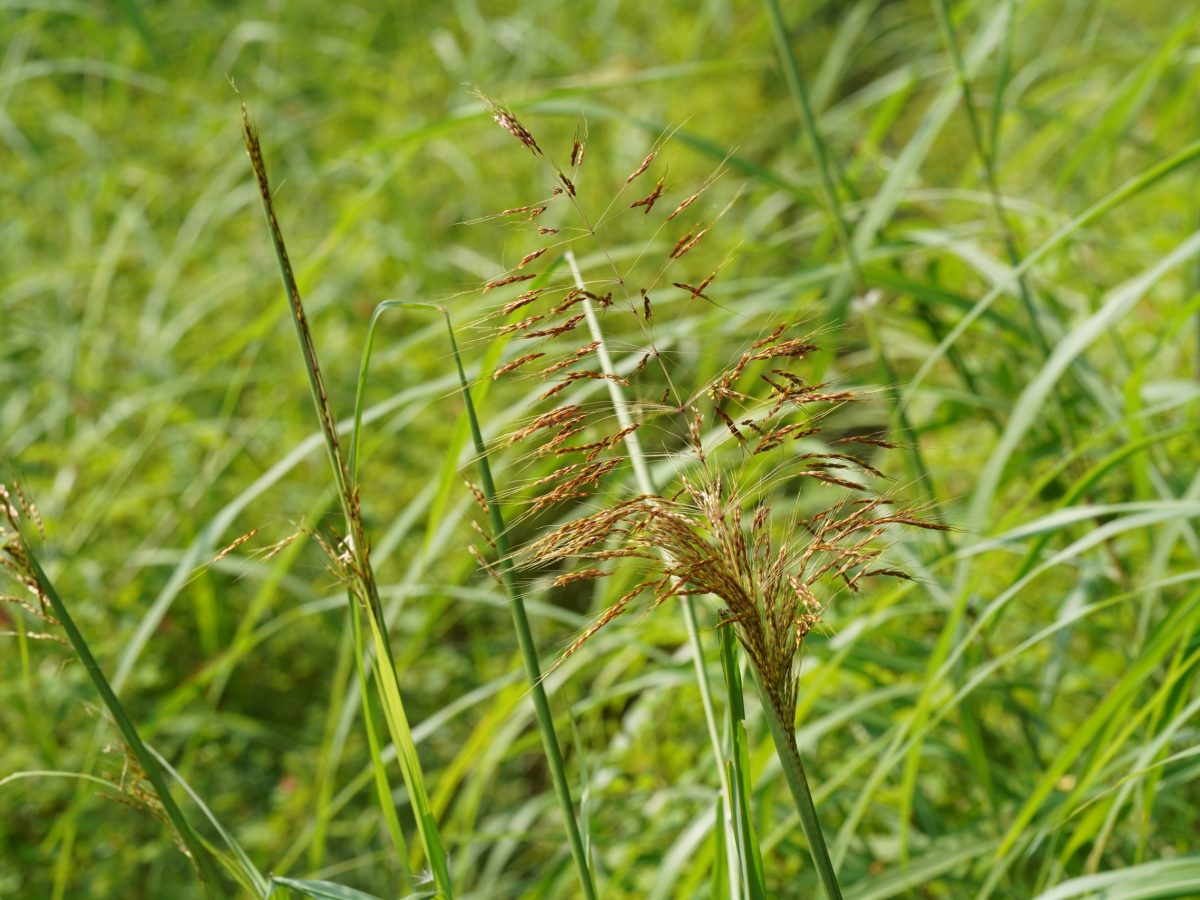
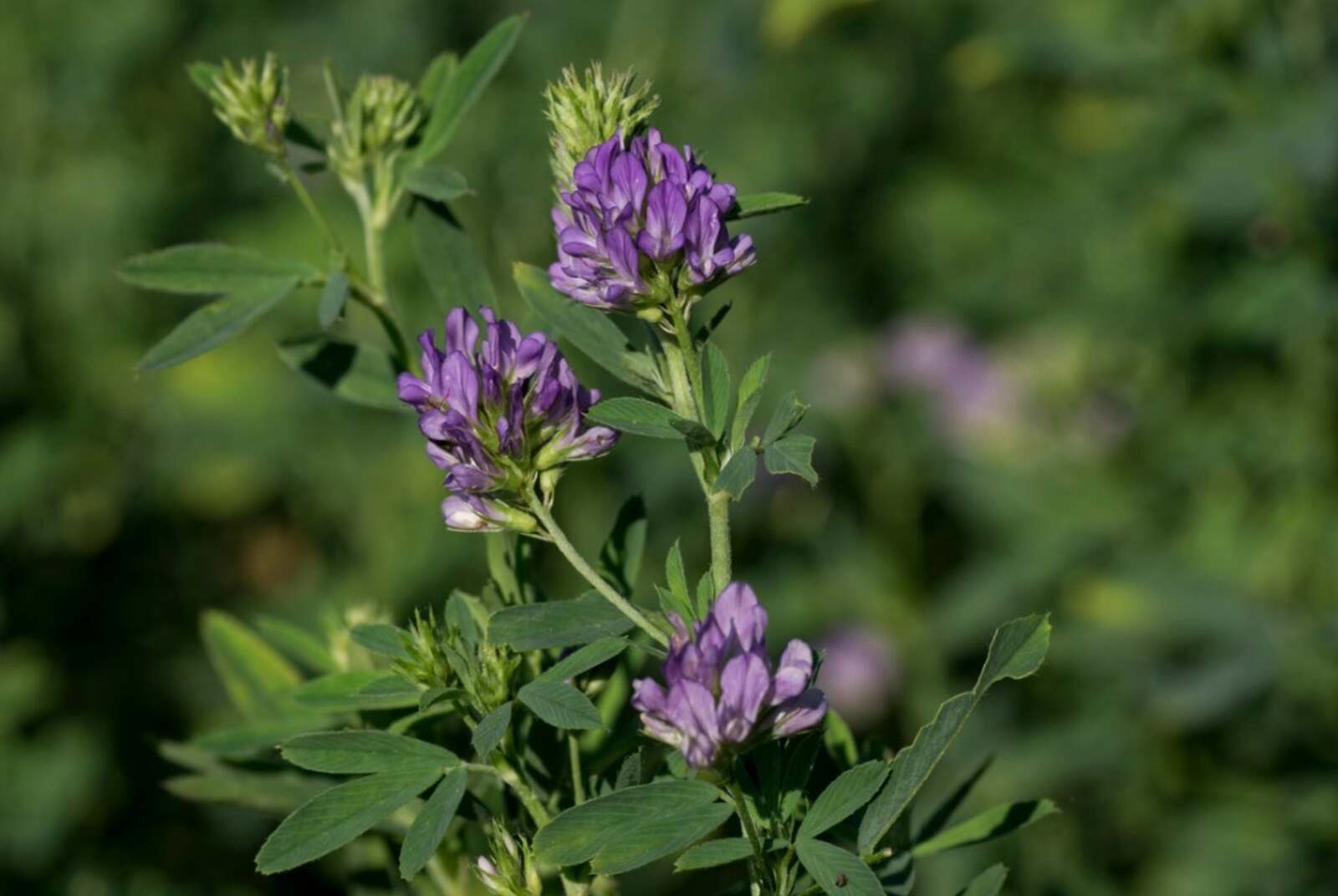
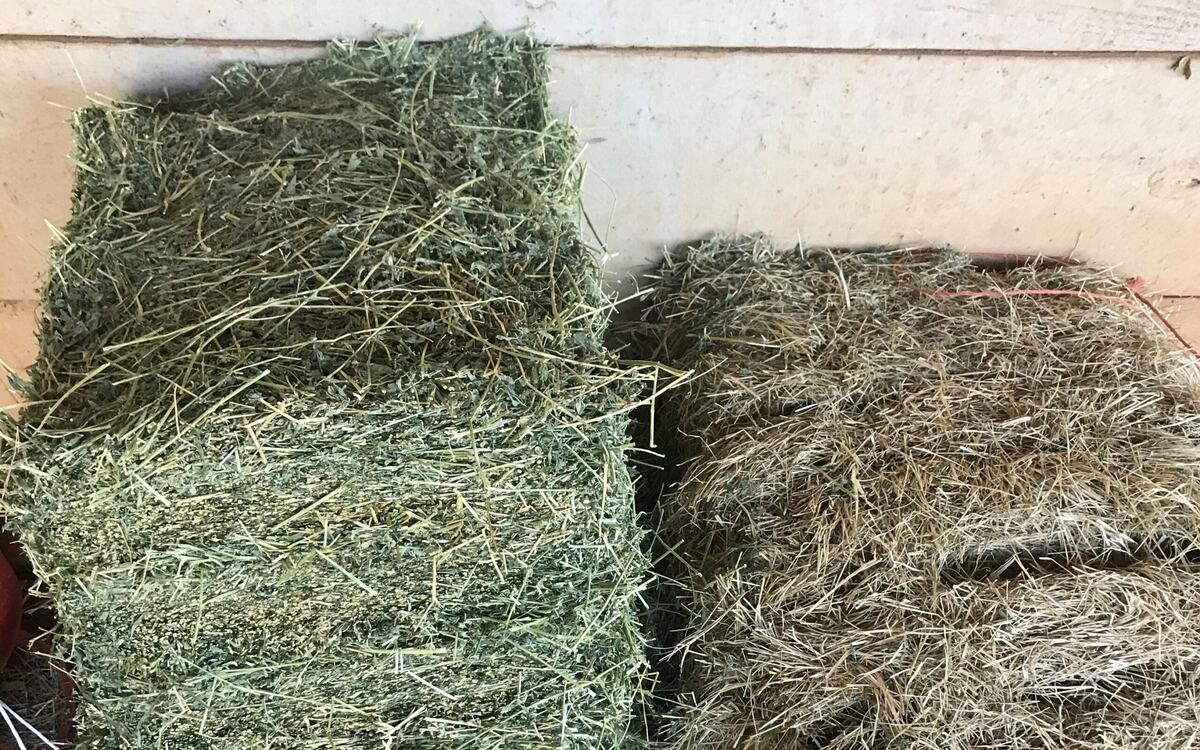
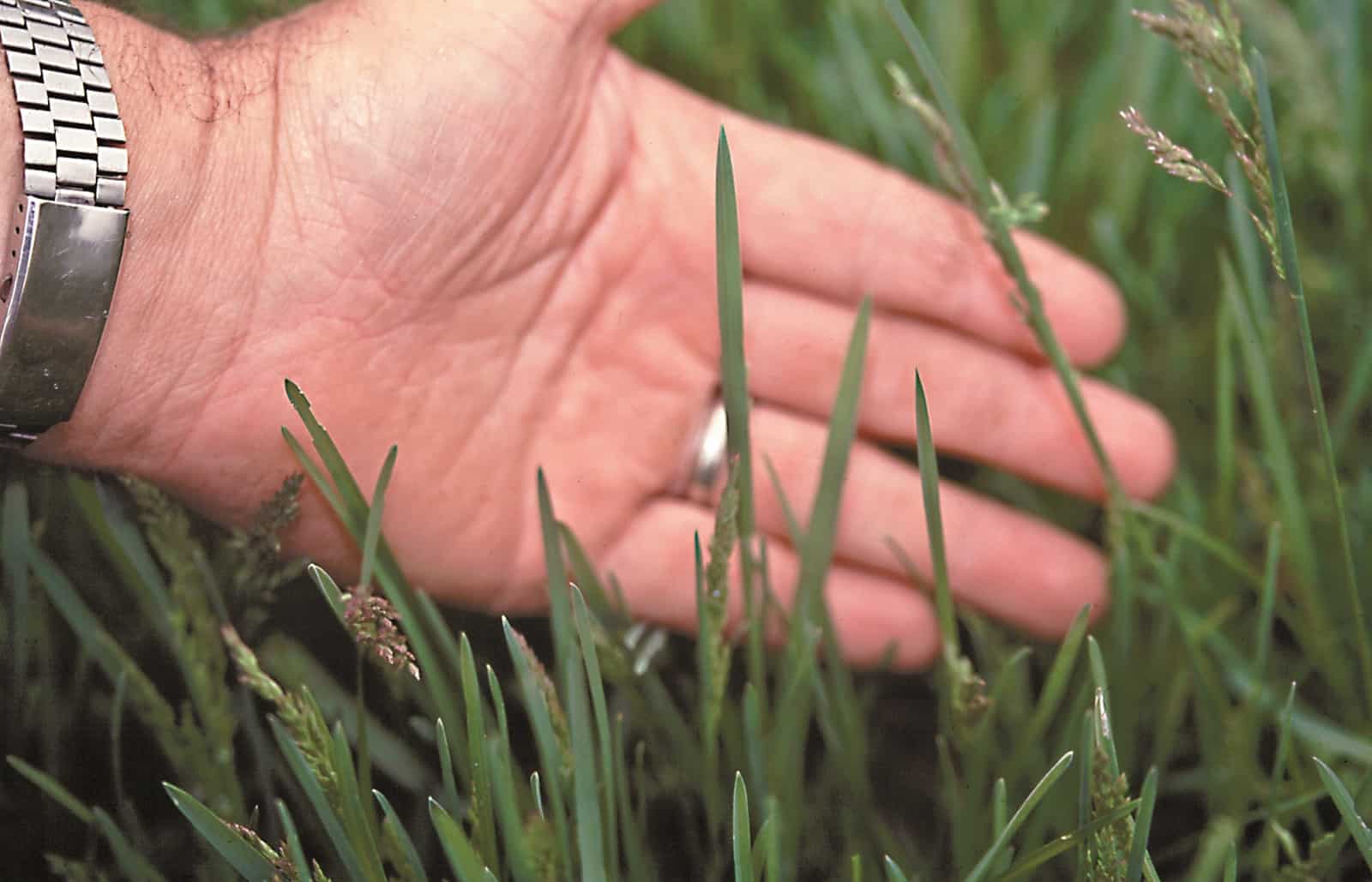
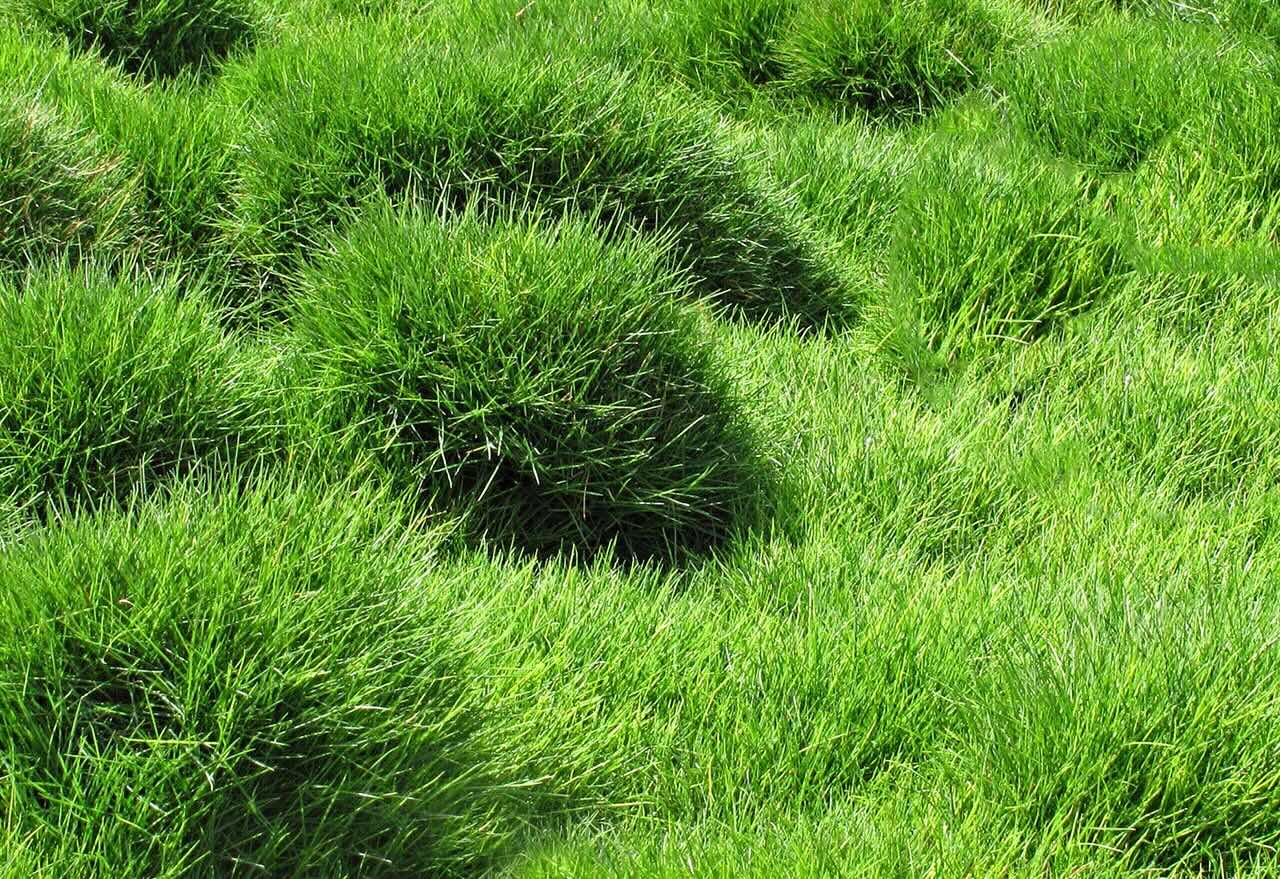
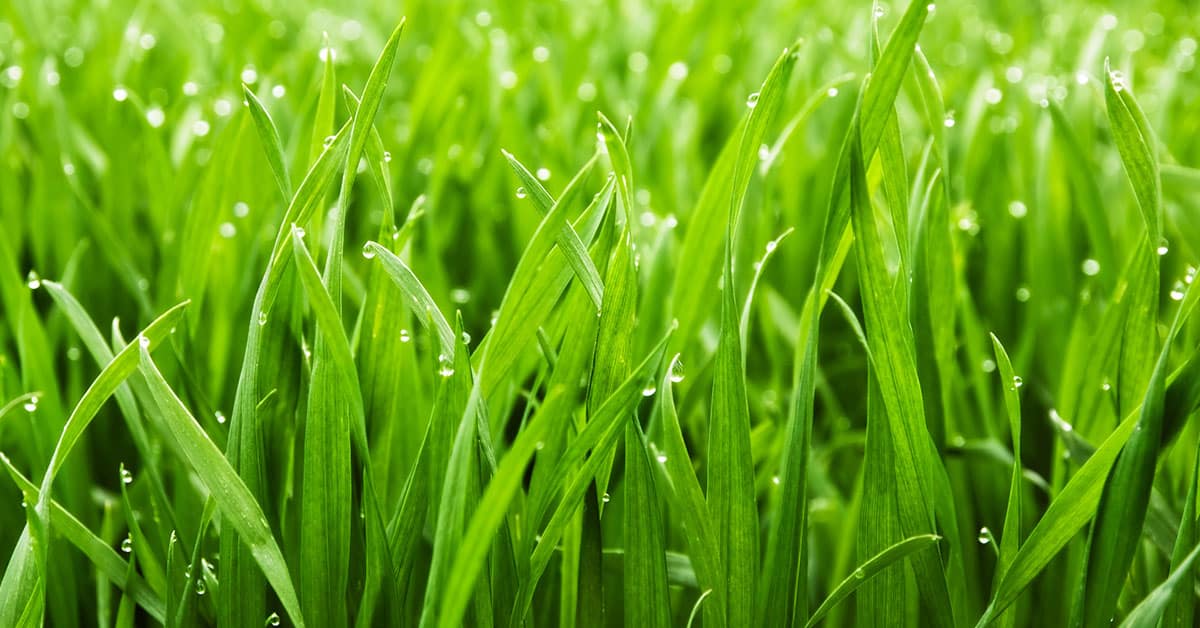
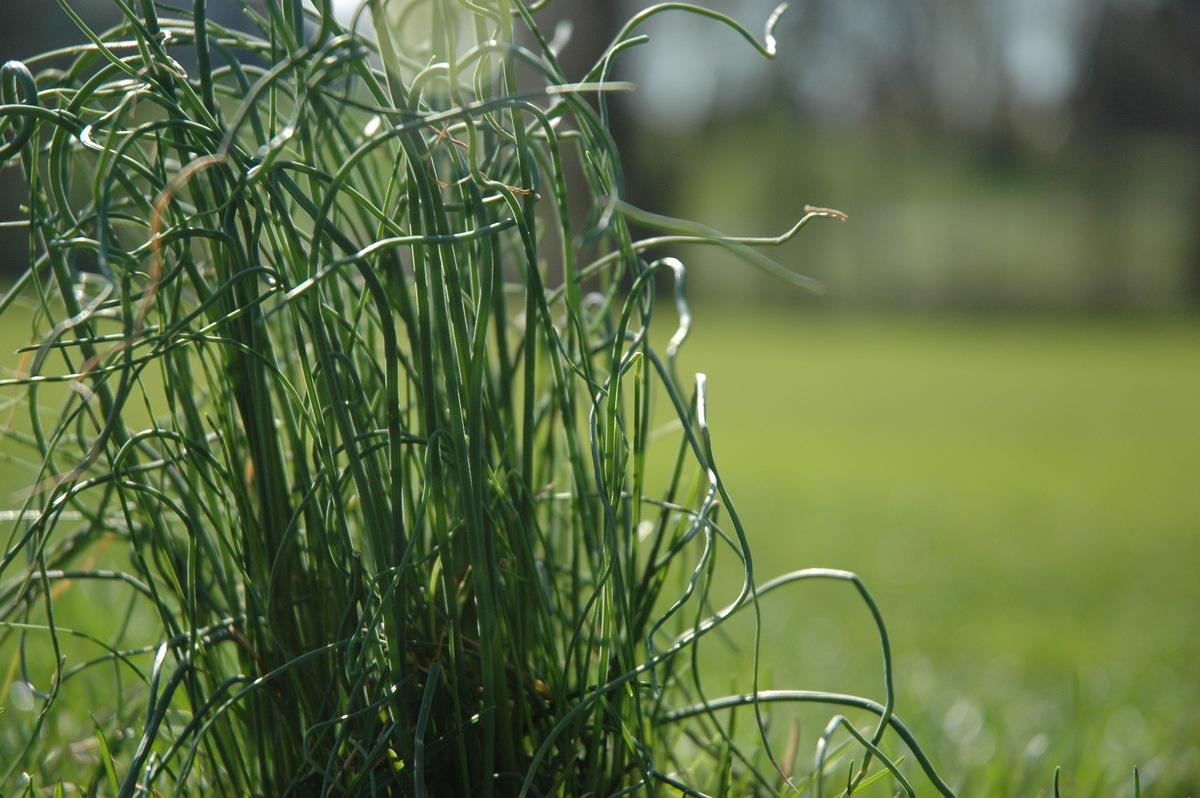
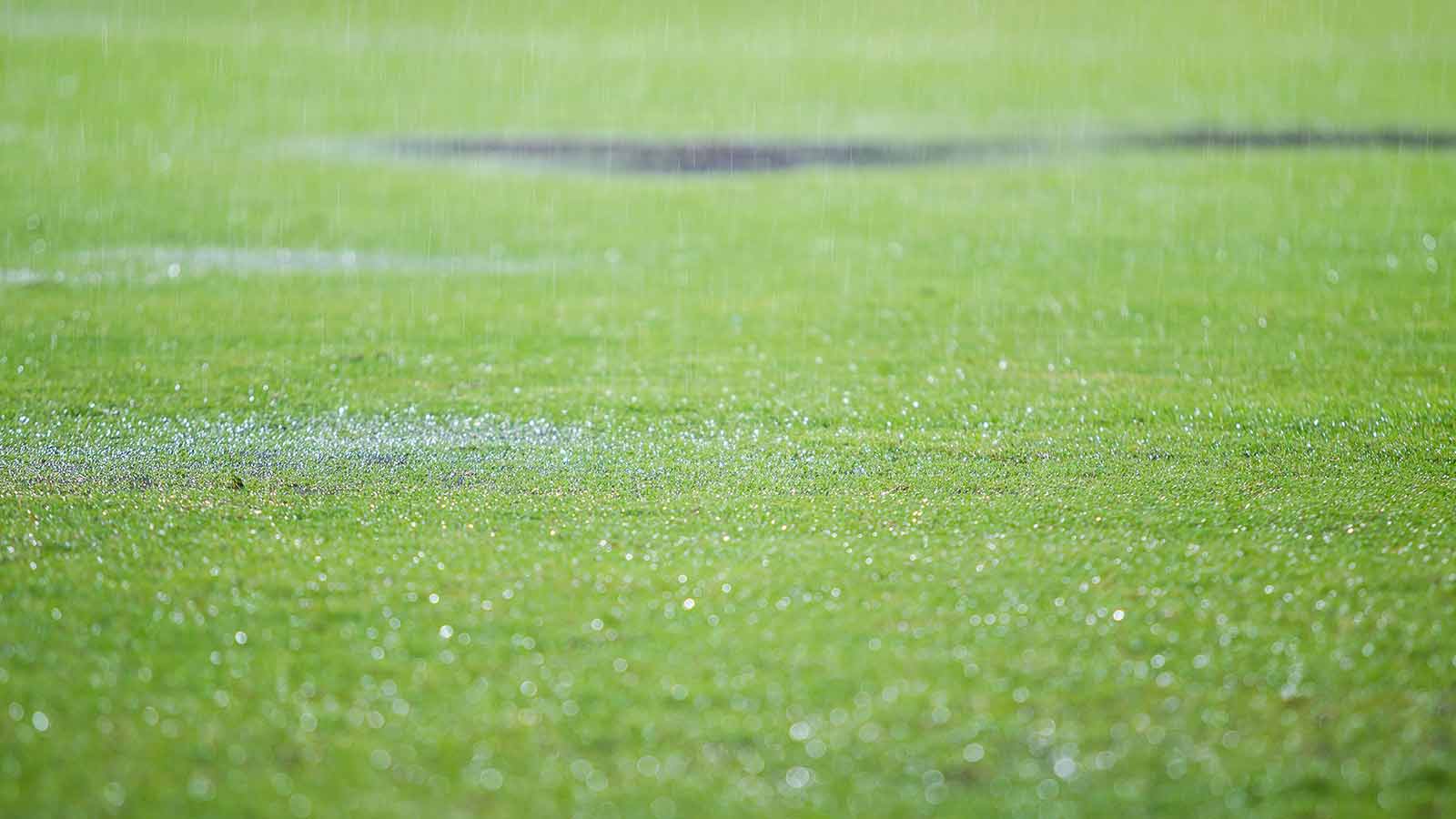
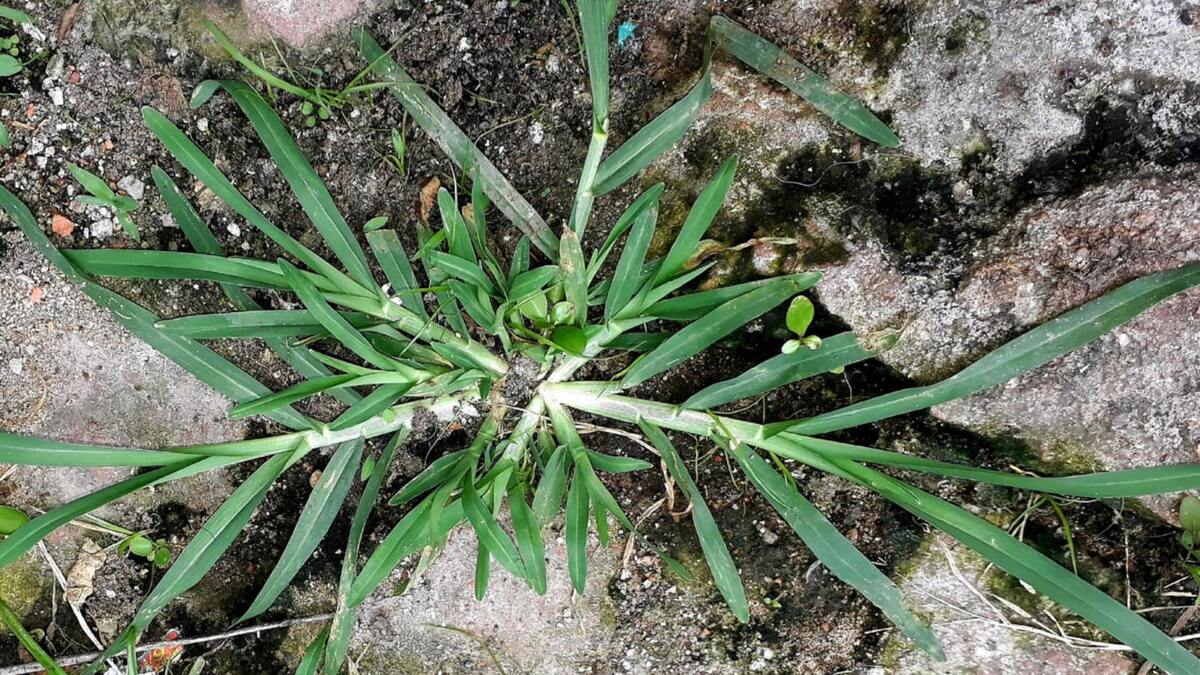
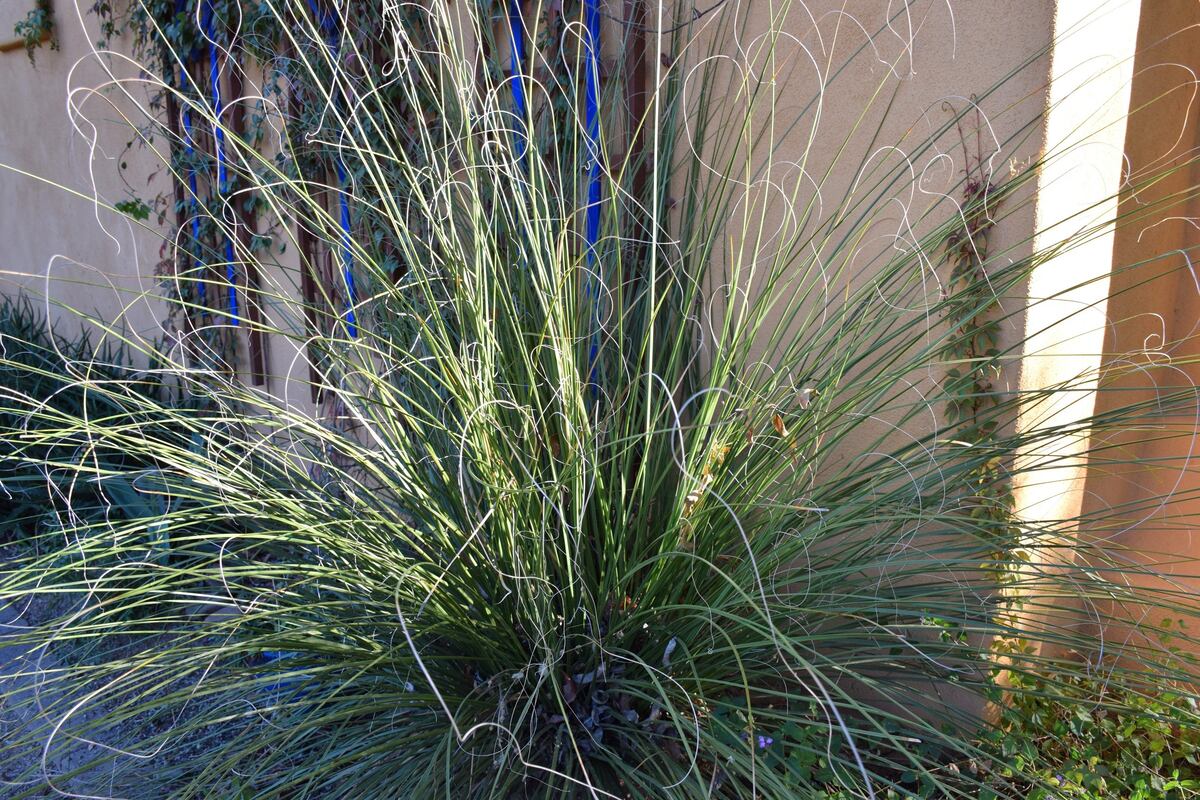
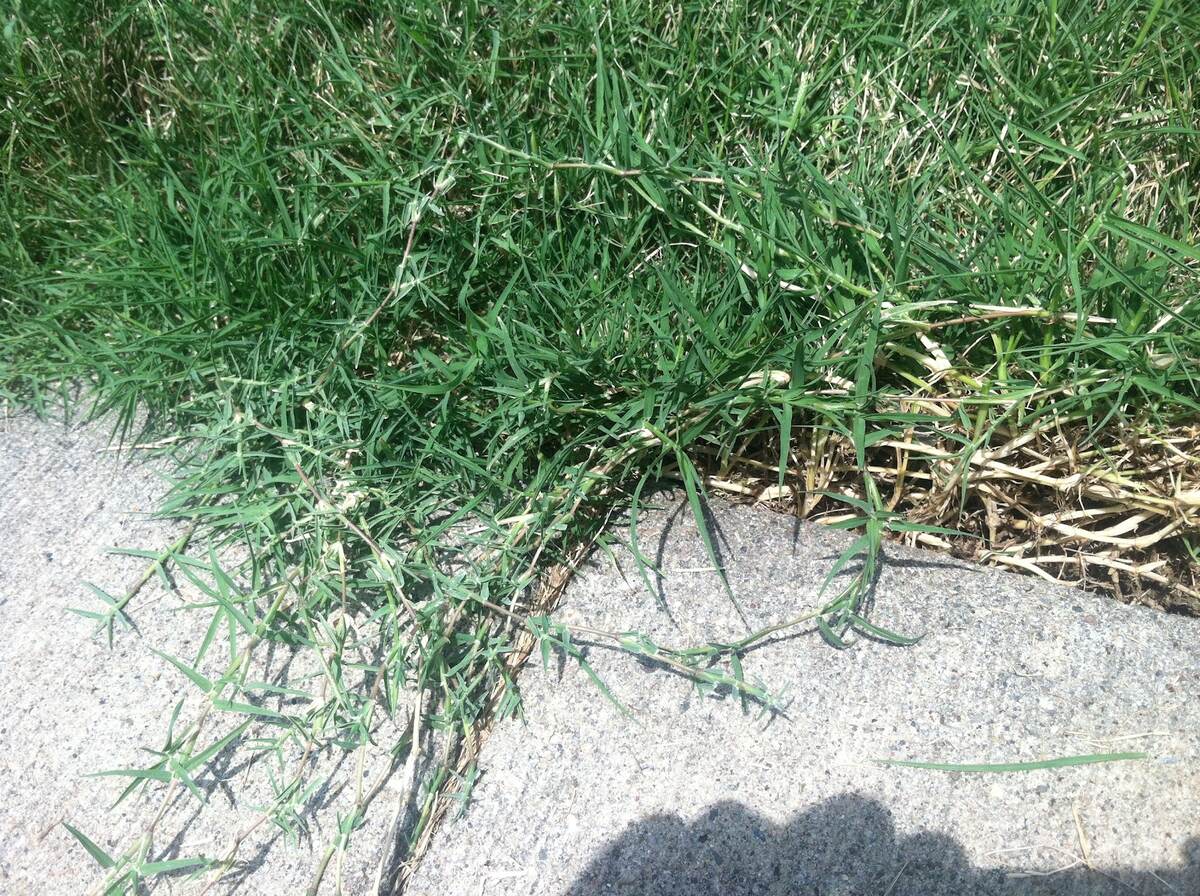
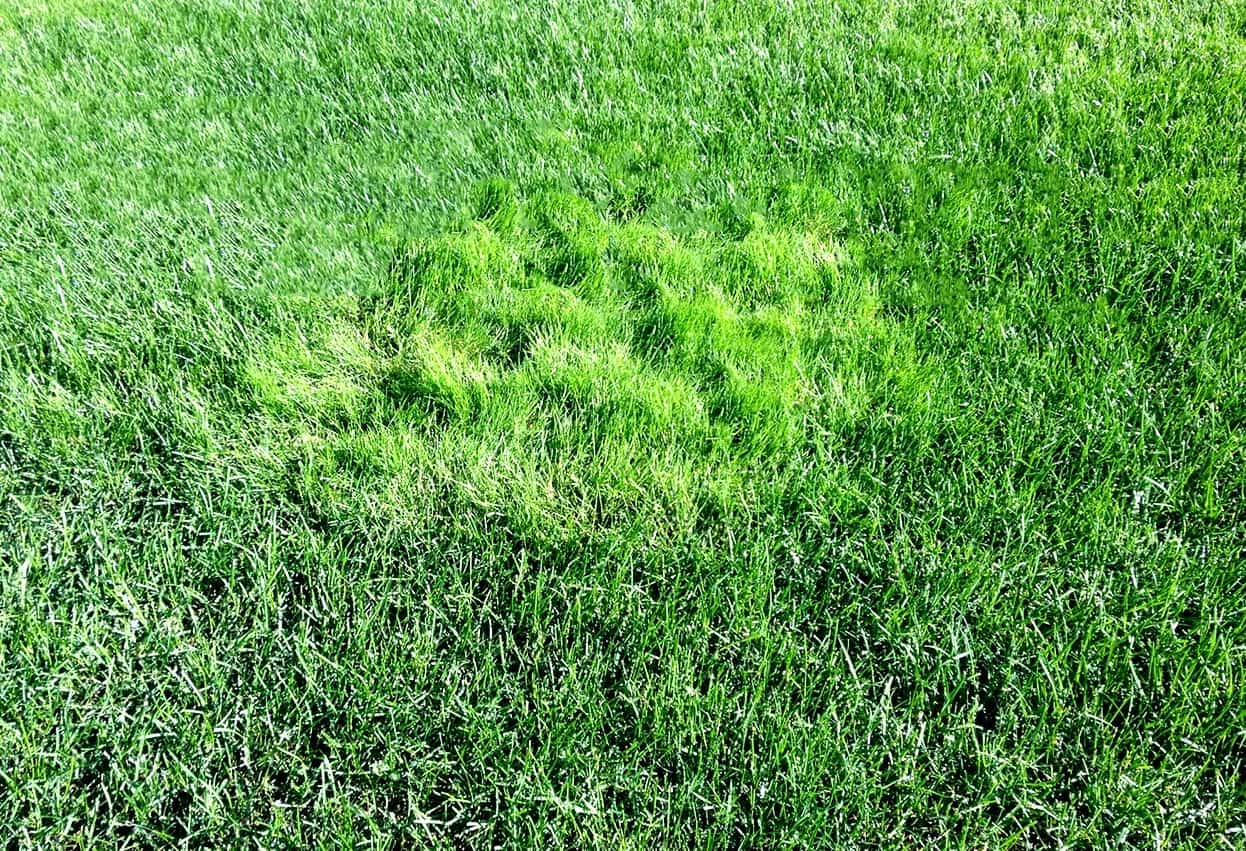
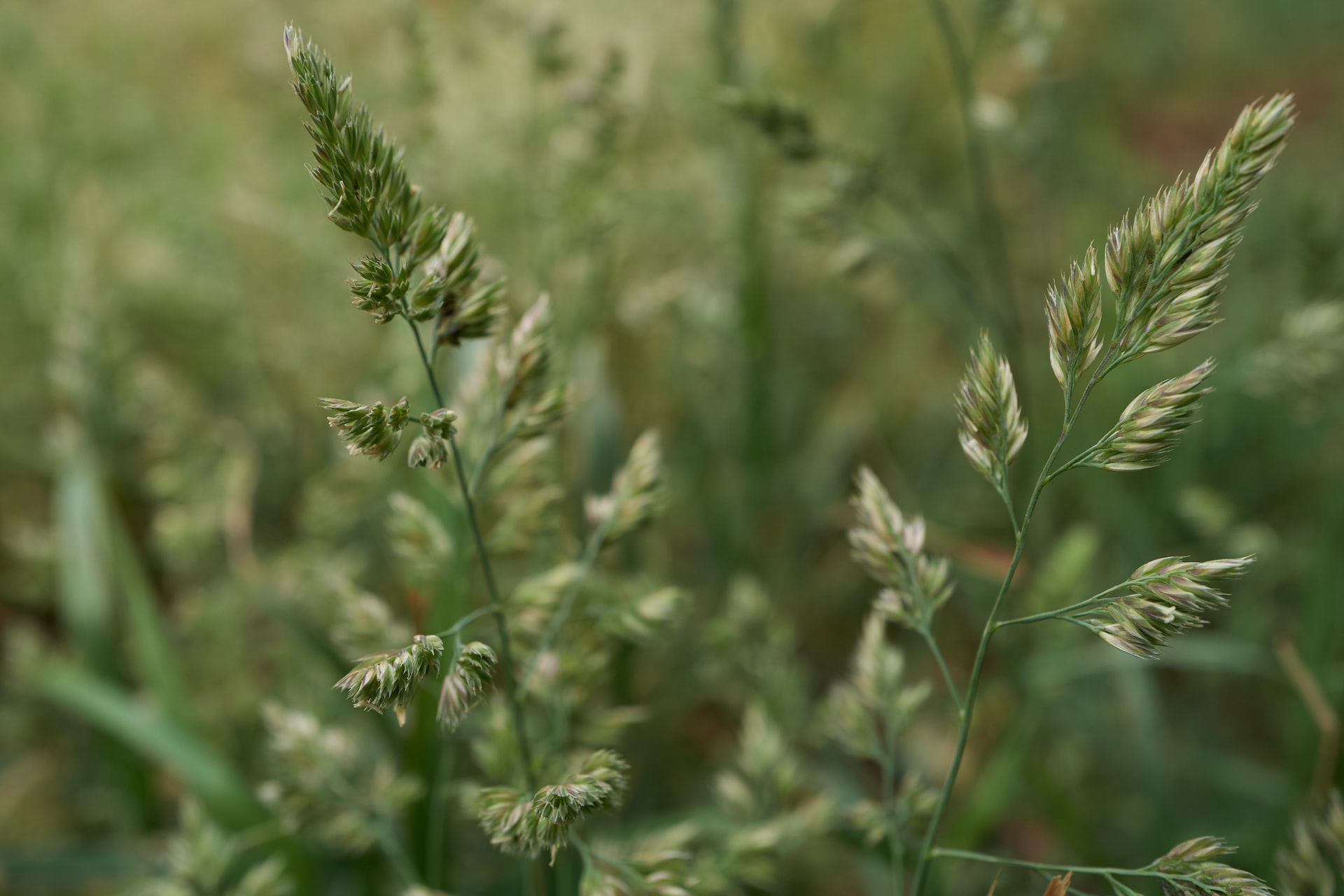
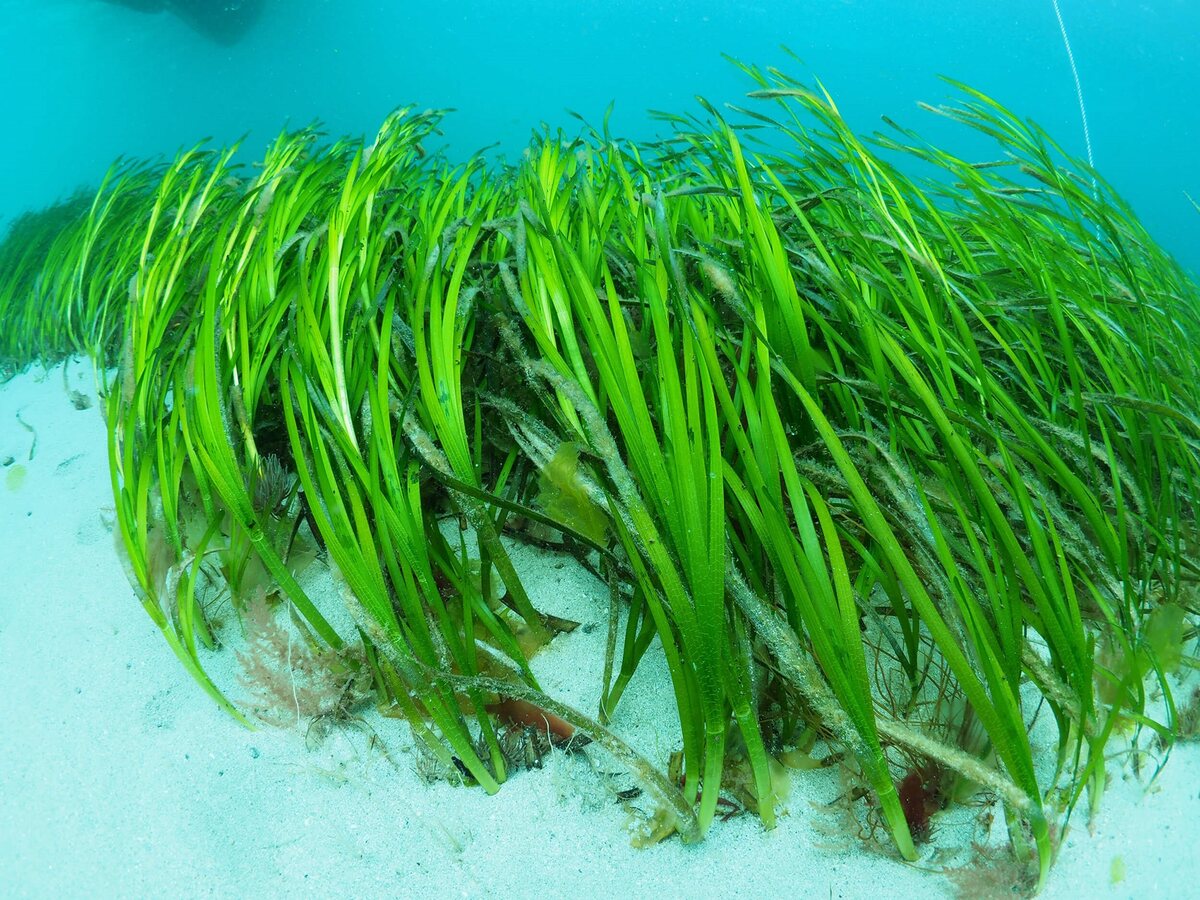

0 thoughts on “What Does Bermuda Grass Look Like”